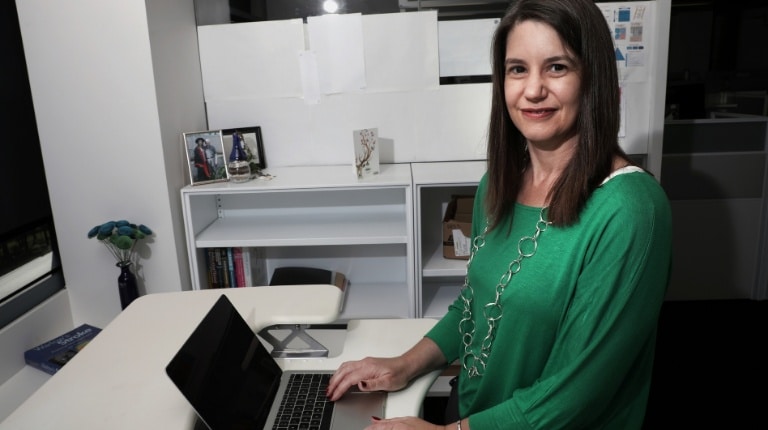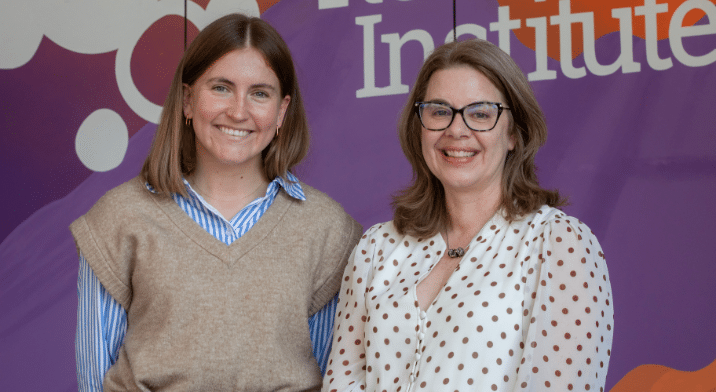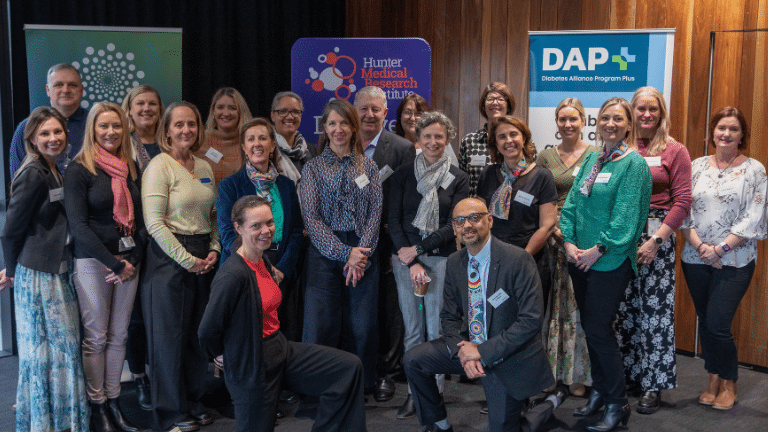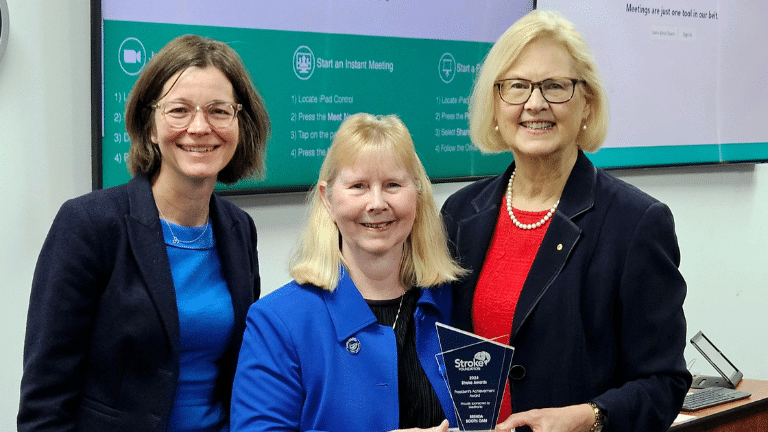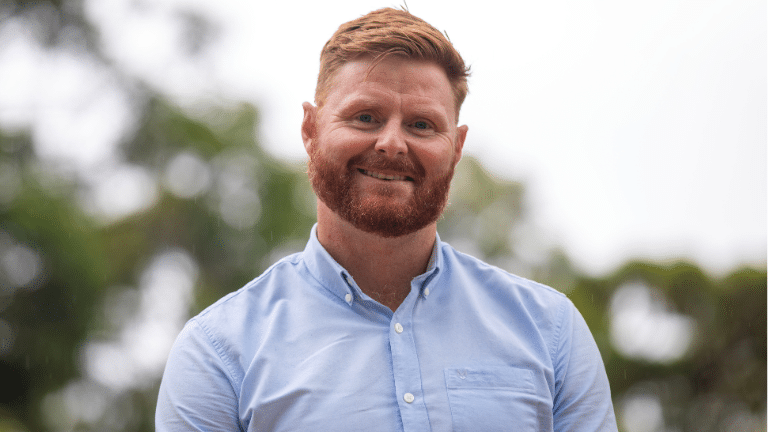A new research program is set to investigate the use of innovative online technologies to empower Australians to avoid stroke.
Focused on helping those who have experienced a stroke avoid another stroke, the project is designed to nurture long-term health and wellbeing. It was funded by the Nancy and Vic Allen Stroke Prevention Memorial Fund as part of the Stroke Foundation 2021 Grants Program.
University of Newcastle and HMRI researcher Professor Coralie English was awarded the $100,000 grant to create the “i-REBOUND after stroke” exercise and healthy eating online resource.
Professor English said four in 10 survivors of stroke would go onto experience a further stroke within a decade, yet most strokes could be prevented.
“Too many lives continue to be devastated by this disease that can be prevented and can be treated,’’ Professor English said.
“There are many ways to reduce stroke risk, including controlling blood pressure, reducing salt intake and living a healthy lifestyle. The problem is there is a mountain of information out there, but it is not necessarily appropriate or accessible for everyone impacted by stroke.
“The i-REBOUND program will be designed in partnership with survivors of stroke to make sure it is useful for all, including people with aphasia who have difficulty understanding written or spoken language.”
The i-REBOUND program will become part of the Stroke Foundation’s EnableMe website and will include resources such as exercise videos, menus and cooking demonstrations featuring people with stroke.
Stroke Foundation Research Advisory Committee Chair Professor Amanda Thrift said increased focus and funding for stroke prevention was an investment in a heathier Australia.
“Australia’s management of the coronavirus (COVID-19) pandemic has demonstrated the benefits of investing in prevention. We now have an opportunity to take the lessons of this experience and apply them to chronic disease more broadly,’’ Professor Thrift said.
“The pandemic also advanced our approach in delivering health services via online mediums. While many members of the stroke community were unable to attend face to face appointments with therapists, they learnt there are other ways to communicate, learn new skills, stay motivated and understand that they are not alone in their recovery.
“This project will build on these experiences and has the potential to help us better support survivors of stroke to be well.”
The Nancy and Vic Allen Stroke Prevention Memorial Fund was one of six grants in the Stroke Foundation’s 2021 Research Grant Program. Information on the other grant recipients here. Stroke Foundation has awarded almost $5.3 million to more than 200 researchers since 2008 as part of its research program.
Stroke facts
There were 27,428 Australians who experienced a stroke for the first time in their lives in 2020, which equates to one stroke every 19 minutes.
One in four people globally will have a stroke in their lifetime.
More than 445,000 Australians are living with the effects of stroke.

